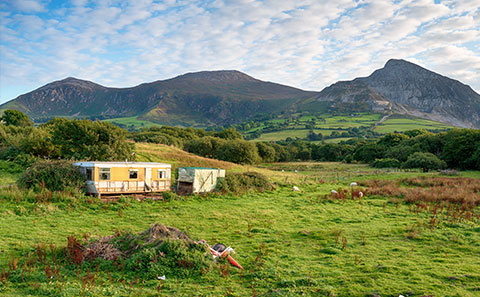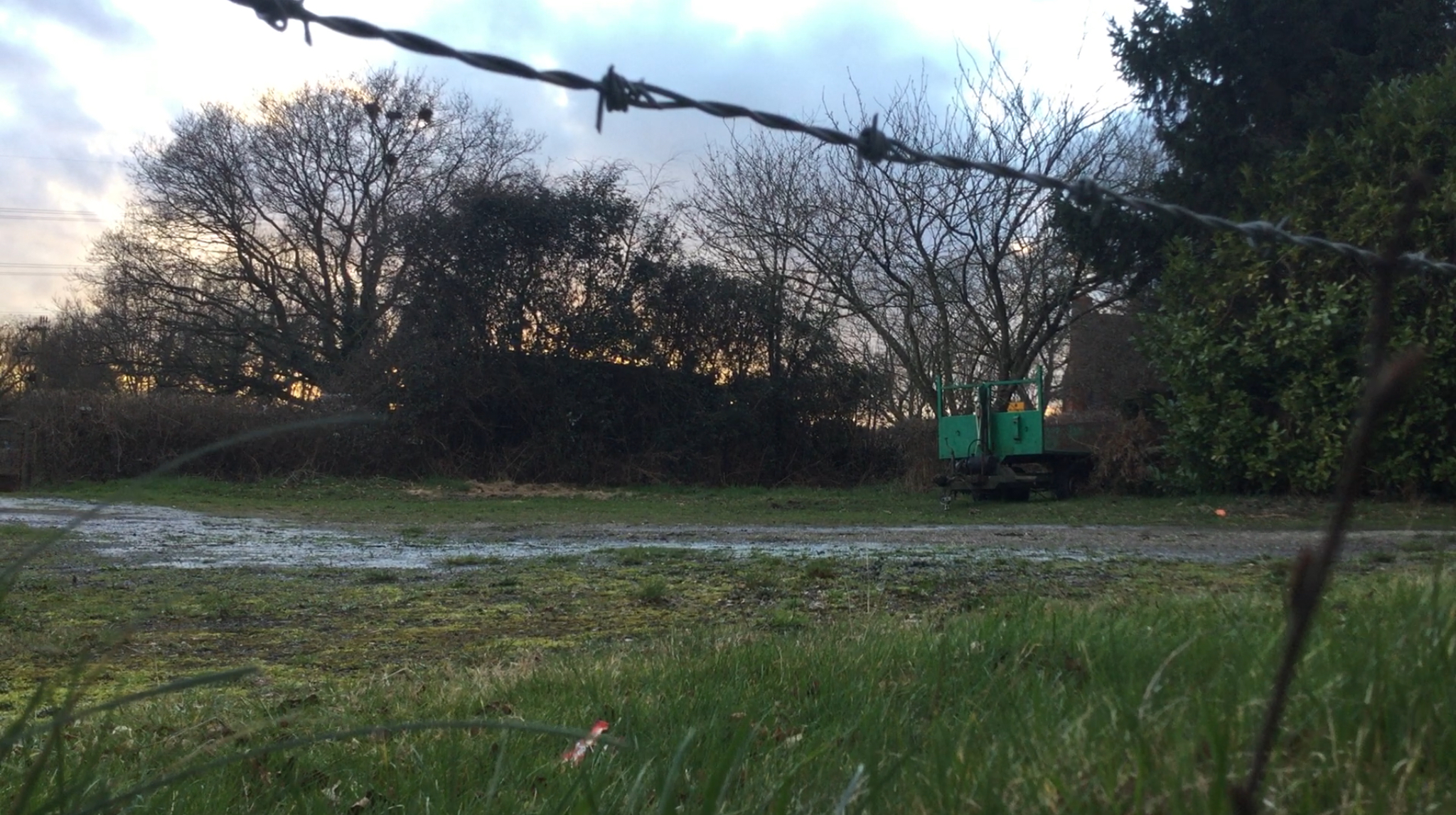The hidden crisis of England’s rural homelessness

Homelessness has increased in rural communities, according to a new report by the University of Southampton. The findings reveal that 88 percent of respondents feel homelessness has increased within the last year alone.
The report, published by the project Homelessness in the Countryside: a Hidden Crisis, identifies the many difficulties facing services and organisations trying to tackle homelessness in rural areas.
The results of the survey show that organisations in rural areas feel disadvantaged compared to those in urban areas, with 80 percent believing a lack of funding is the main barrier to solving the problem.
Professor Helen Carr, from the Southampton Law School and study co-author, said: “Homelessness is a consequence of inequalities and there is a lot of ignorance about inequalities in rural areas.
“Inequality is not simply an urban issue. Housing inaffordability is a particular problem in rural areas.”

The Homelessness in the Countryside: a Hidden Crisis project aims to identify the challenges facing many in rural communities in England. From lack of affordable housing, shortage of services and support, to the effects of the pandemic.
Now the project hopes to explore how the ‘cost of living’ crisis could create a ‘perfect storm’ for rural communities tackling homelessness.
Professor Carr added: “It seems to have been neglected as a research issue.
“What this study is designed to do is to give us more specific knowledge about the causes of homelessness in the countryside and the extent of the problem.”
The project is a 12-month research collaboration between the university and the University of Kent, and a rural task force made up of national rural charities and housing providers.
Martin Collet, Chief Executive of the English Rural Specialist Housing Association, said: “There’s a lot of hidden homelessness. People sleeping in cars, in sheds, in tents in woods.
“As a result, it doesn’t get picked up in official statistics.”
Survey Results
This interim reports reveals findings from the first stage of the research, which involved the completion of a survey by 147 housing and homelessness providers, local authorities and non-Governmental organisations within England.
The results indicate that:
- 88 percent of respondents believe homelessness to have increased in their area in the last year
- The drivers for this increase are lack of affordable/accessible housing, mental health, relationship breakdown, and the reduction/lack of welfare state provisions
- Services in most demand are mental health services and emergency accommodation
- Although 71 percent of our respondents work with migrants experiencing homelessness, there are no targeted organisations that provide specialist support for this group
- Organisations working in rural areas feel disadvantaged compared to those in urban areas, and 80 percent of respondents believe not enough funding is the main barrier to solving homelessness in their area
- Stigma is perceived to be a major barrier to get support for those experiencing homelessness in the countryside.
Helen added: “I think it’s the lack of visibility of homelessness in rural areas and how dispersed it is.
“You’re going to get fewer organisations working in rural areas and if you think in terms of lawyers working with housing and homelessness, they are almost always based in urban areas.”

Lack of connections
The ethnographic research, which was carried out in Herefordshire and Kent, also highlighted the specific challenges facing rural areas.
Transport issues, such as infrequent or non-existent buses, and affordability of travel due to the fuel crisis, were identified as being some of the major difficulties facing people who are experiencing rural homelessness.
The study suggests the lack of connections between market towns and rural settlements is impacting on access to basic needs such as food, services, and healthcare.
Living in storm drains
“We have talked not only to service providers to identify and disseminate best practice but also to people experiencing homelessness in rural areas to learn from their experience about the causes of rural homelessness and how to prevent it,” Professor Carr said.
The project was able to identify the locations in which people were found to be rough sleeping in the countryside.
Common sites for rural homelessness included sofa surfing, tents, cars, stables, churches, and even storm drains.
The report also highlights the urgent need for more supported accommodation and mental health interventions in the next coming years.
The next stage of the research will involve fieldwork in three sites, conducting interviews with homeless people and building a picture of the situation. It will then conclude with analysis of the findings and recommendations.
Academics adding value to issues like this
The collaboration between academic researchers and a consortium of NGOs will offer a real insight into rural homelessness and its impact on the individuals affected.
Martin added: “There is potential here to do something unique and to get a hold of some information, some experiences, that we’ve not actually mapped out before.”
Read the full interim report
here
.